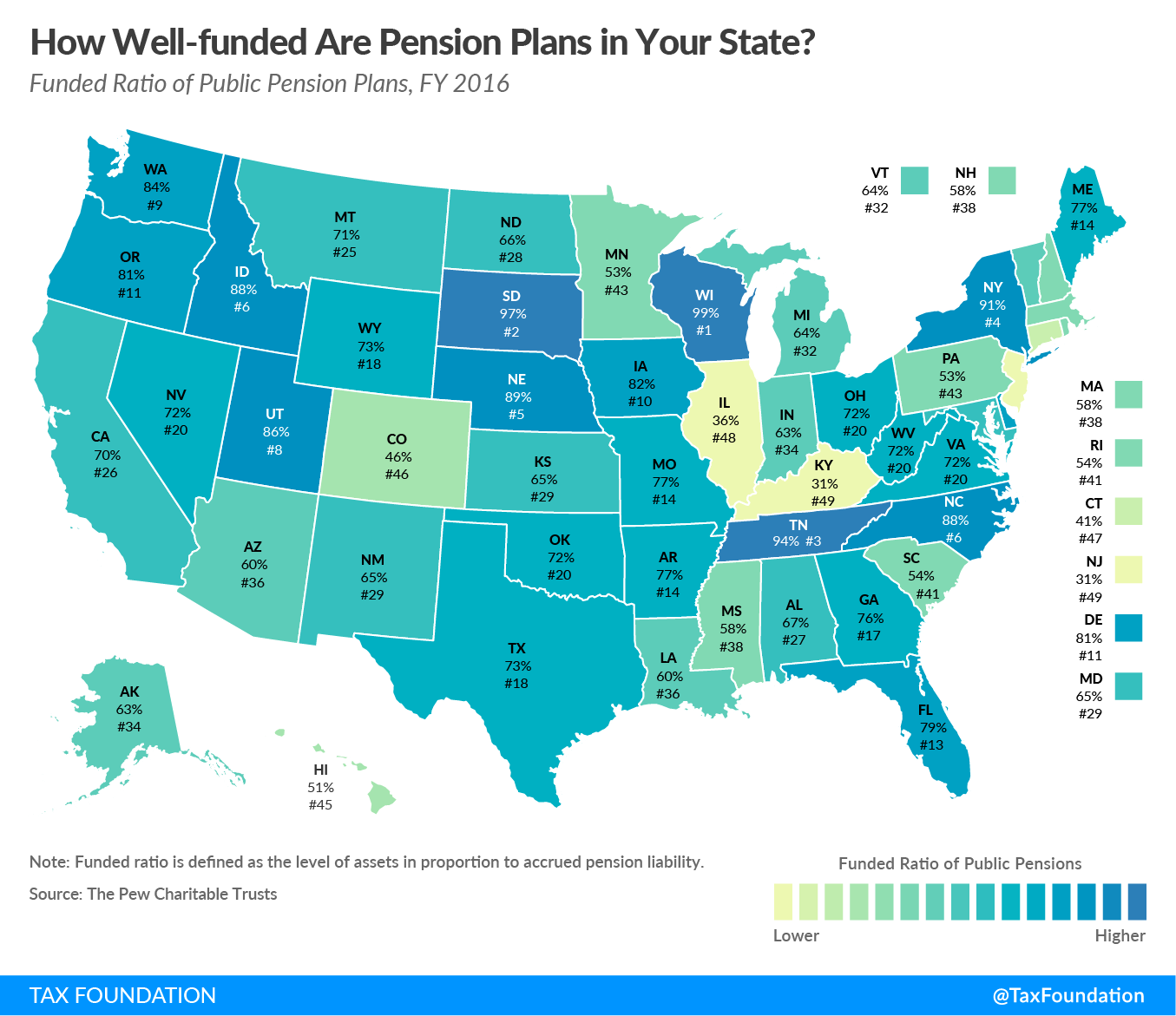It's not getting better as pensions take on more risk to make up for their shortfalls:
https://wirepoints.org/chicagoans-pensioners-beware-a-stock-market-shock/
I figure most of the affected ER people here are watching closely but this will surprise many retirees.
https://wirepoints.org/chicagoans-pensioners-beware-a-stock-market-shock/
I figure most of the affected ER people here are watching closely but this will surprise many retirees.


